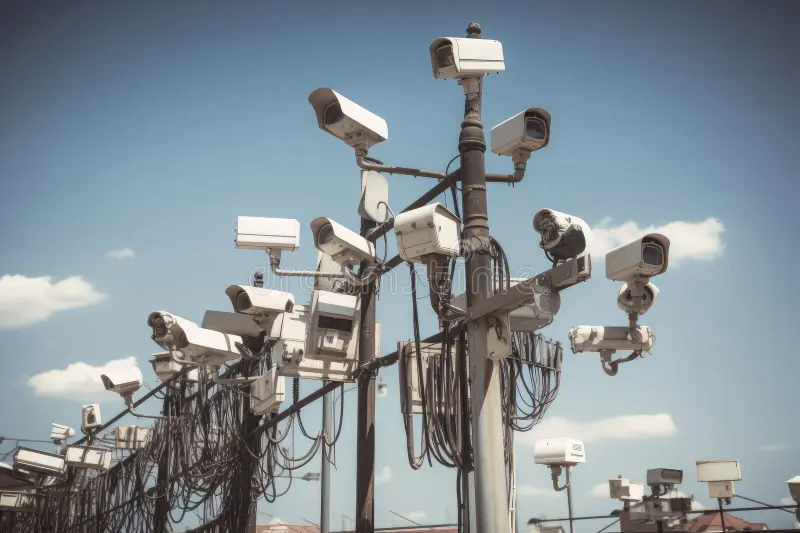China's Call for Hyper-Vigilance: A Blend of Caution and Paranoia
In a new era where Beijing perceives threats to its sovereignty in every corner – from multinational corporations to innocent social media interactions – China's leadership is rallying the masses to guard against these perceived enemies. This campaign seeks to embolden everyday citizens to defend their nation, although at the

In a new era where Beijing perceives threats to its sovereignty in every corner – from multinational corporations to innocent social media interactions – China's leadership is rallying the masses to guard against these perceived enemies. This campaign seeks to embolden everyday citizens to defend their nation, although at the risk of stoking unnecessary paranoia.
At the heart of this campaign is the belief that malevolent forces are at work everywhere, attempting to weaken China. Even academic institutions aren't spared; faculty in Chinese universities, including seemingly unrelated fields like veterinary medicine, are now required to undergo training on protecting state secrets. Likewise, a kindergarten in Tianjin found it essential to enlighten its staff on China's anti-espionage laws.
China’s Ministry of State Security, typically a shadowy department, has taken a surprising step by creating its maiden social media profile. Their first post? An entreaty for all of society to rally against foreign espionage, advocating for such vigilance to become a norm.
Despite economic setbacks, China's paramount leader, Xi Jinping, is seemingly more preoccupied with national security, ensuring the Communist Party's dominion remains unchallenged. His call for preparedness and real-time surveillance underscores the urgency.
Recent legislative changes amplify this sentiment. In July, China expanded its anti-espionage laws, casting an even broader net over activities it perceives as spying. Monetary rewards are being offered to those who turn in spies.
But questions loom about the effectiveness of this mass mobilization. Are these announcements of captured spies just old news repackaged? Furthermore, the arrest of a Chinese newspaper editor during a meal with a Japanese diplomat raises eyebrows about the authenticity of espionage claims.
Professor Chen Jian from New York University draws parallels between the current calls for mass action and Mao Zedong's tactics during the Cultural Revolution, where the populace was urged to report any 'counterrevolutionary' activity. Yet, Professor Chen also highlights that modern China is less susceptible to such radical mob behavior.
This heightened vigilance is not without merit. The recent admission from the CIA's director, William Burns, about rebuilding its spy network in China underscores Beijing's concerns. However, while other nations express concerns about foreign influence, China’s sheer scale of response is unparalleled.
The omnipresence of this campaign is striking. Videos on high-speed trains caution against inadvertently capturing sensitive data while clicking photographs. Even traditional cultural performances are used to broadcast the message of vigilance against espionage.
Ironically, in an age where connectivity and collaboration are paramount, China’s campaign risks isolating its citizens. A dark cloud of suspicion hangs over any interaction with foreigners, affecting academic meetings, cultural exchanges, and even musical performances.
Despite the official narrative that China remains an open society, recent crackdowns on American consulting firms and increased scrutiny of entities even remotely affiliated with foreign organizations suggest otherwise.
The public reception to this hyper-vigilance has been mixed. Some see the ban on Teslas in a Hunan airport, over spying fears, as overkill. Concerns also arise when even nationalists lament that intellectuals are shunning foreign interactions.
Yet, Beijing remains undeterred. As the nationalist Global Times tabloid aptly summarized, “If you haven’t done anything wrong, why are you so scared?”




